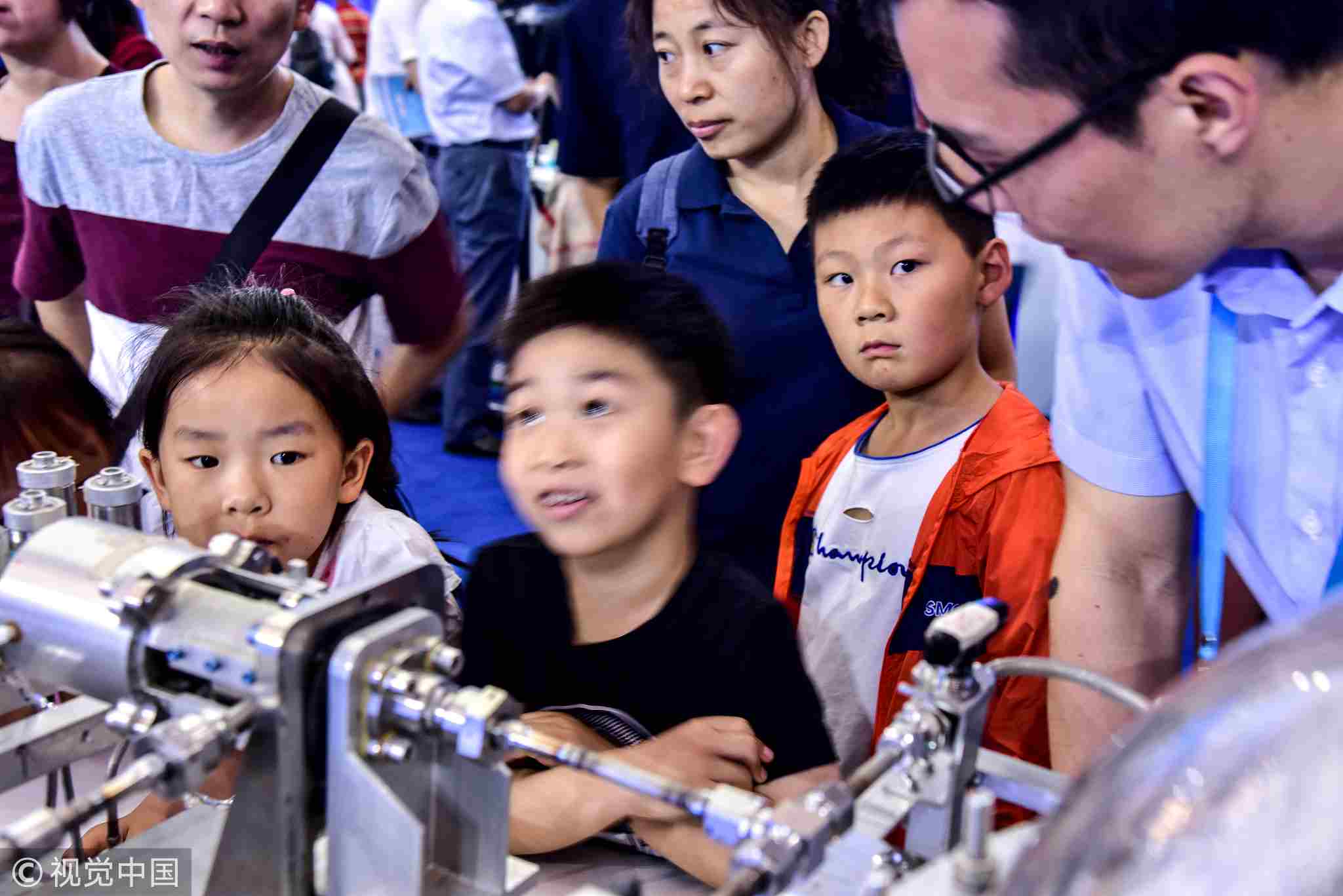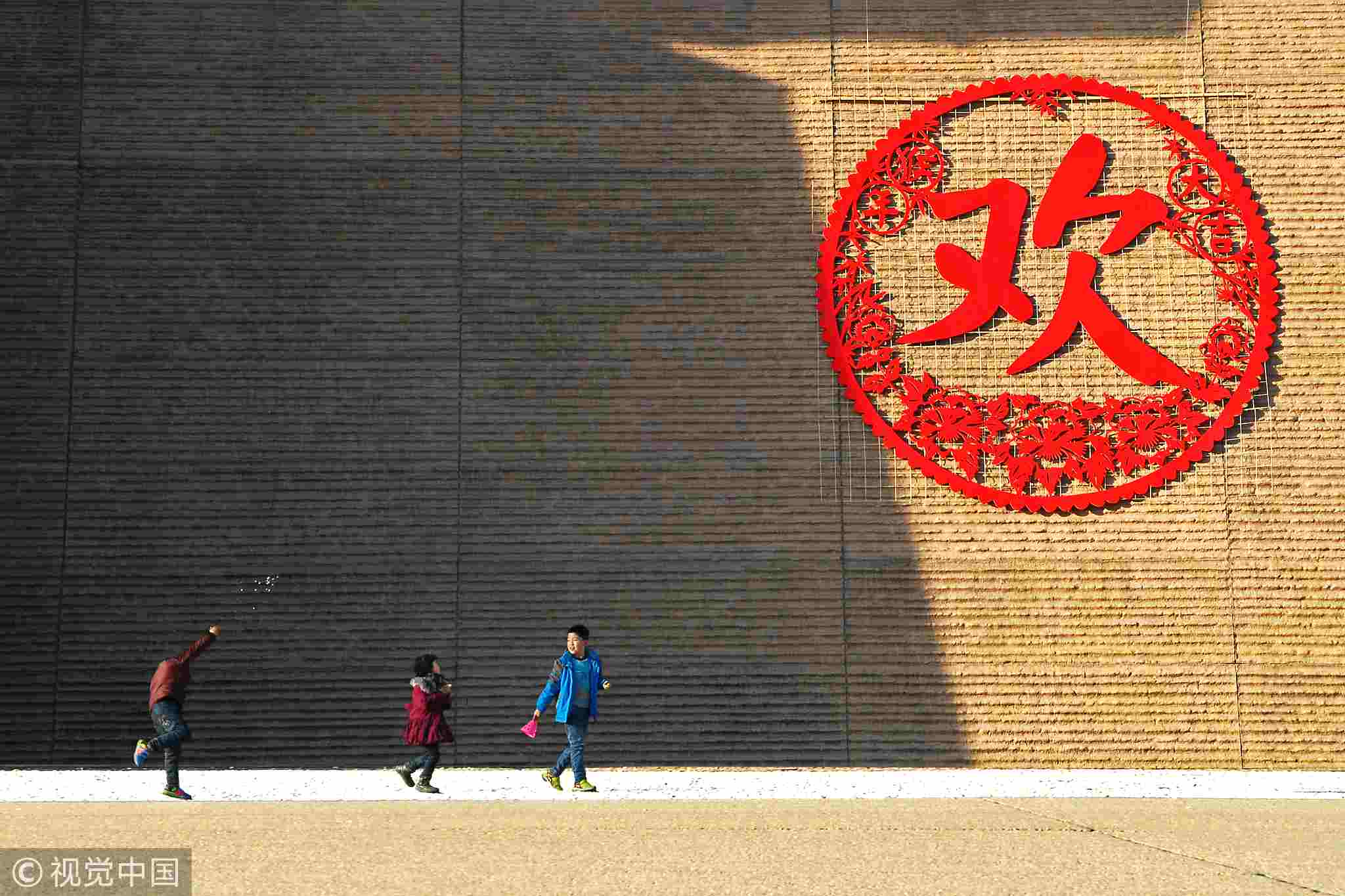
Opinions
20:00, 13-Nov-2018
Opinion: China's reform and opening up changes lives beyond its borders
Updated
19:18, 16-Nov-2018
Wang Shanshan

Editor's note: Wang Shanshan is a current affairs commentator at CGTN and former Washington bureau chief of China Radio International (CRI), with 10 years of research on China-US relations. The article reflects the author's opinion, and not necessarily the views of CGTN.
Many senior citizens in China still maintain a penny-pinching lifestyle, even though they have a considerable amount of wealth in their bank accounts. Life lessons in their early years have taught them that they had to save every penny to make ends meet. In 1978, the average per capita income in China was 381 yuan, around 45 US dollars, two-thirds that of India at that time. China was a typical low-income country back then.
The spending habits of the older generation in China have become somewhat of a joke among their children and grandchildren. China's younger generations are keen on spending and borrowing. The recently-concluded "Double 11" shopping promotion by Alibaba generated sales of 30.7 billion US dollars in just one day.
Two records have been set in this most recent Singles' Day promotion, including the highest transaction volume in a single day and the most widespread shopping relay, which this year covered all the world's time zones. Over 20,000 international brands from 75 countries and regions were represented during Alibaba's massive promotion, with Chinese consumers able to purchase items from around the world. That would not have happened if China hadn't adopted the reform and opening up policy 40 years ago.
Forty years on, the “China miracle” is widely spoken of. If you happen to be in Beijing, you can visit the Exhibition of China's Reform and Opening Up, set up to celebrate the 40th anniversary of the launch of the transformation. It's designed to give people a free lesson in how the country has come this far.

VCG Photo
VCG Photo
The living standards of the Chinese people have increased dramatically. Seven hundred million people have been lifted out of poverty since the start of reform and opening up, making it the largest contributor to eliminating poverty the world has ever seen. The policy has also created a middle class with 300 million people. For instance, China now consumes close to 9 billion US dollars worth of imported food each year. In 2017, 130 million people traveled abroad, one-tenth of China's total population.
It's fair to say China has benefited greatly from reform and opening up, especially since its accession into the WTO in 2001. Reform and opening up has reset the mindset of the Chinese people, narrowed the country's technology gap, created a new level of experience in management and has launched the country into the fast lane of economic growth.
In return, China has become a major contributor to the world's economic growth. According to the World Bank, China's annual growth has contributed over 30 percent to the world's economic growth since 2002. While many are aware that China is the world's largest trading nation of goods, and the largest exporter overall, what is less well-known is that China is the second largest merchandise importer in the world, and has been for the last 9 years.
At the recently-concluded China International Import Expo, Chinese President Xi Jinping announced a goal to import goods and services worth 30 trillion and 10 trillion US dollars respectively in the coming 15 years. Businesses attending the event in Shanghai also finalized deals for intended one-year purchases of goods and services worth 57.83 billion US dollars.

VCG Photo
VCG Photo
China has never brought poverty nor conflicts to the world. Instead, it has provided the world with greater connectivity and opportunities. By the end of August, freight trains running between China and Europe have made over 10,000 journeys, bringing abundant choices of commodities to countries along the route.
In Africa, Kenya's Standard Gauge Railway commuter trains have ferried more than two million passengers between Nairobi and the port city of Mombasa as of the end of October. The railway, built by a Chinese company and launched in May of last year, has enabled local residents to travel farther, safer and more comfortably.
Infrastructure is not the only thing China brings to the world. It has helped build schools, hospitals, stadiums and opera houses in Africa and Asia, contributing to the public good of the local people. According to a 2017 UN report, China has been the biggest investor in the world's least developed countries.
China brings jobs to the world. In the five years since China launched its Belt and Road Initiative, 75 different trade zones have been established in countries along the route, creating tax revenues for the host countries worth a combined 1.6 billion US dollars, as well as creating 220,000 local jobs. A report released by the International Labor Organization notes China has created 1.8 million jobs in Latin American and Caribbean countries between 1990 and 2016.
Forty years of reform and opening up has given the Chinese people growth and prosperity, which China is sharing with the world. Although China's economy is under downward pressure, China's leaders are well aware of the direction which needs to be taken to maneuver through the difficulties to achieve greater success. As IMF chief Christine Lagarde has noted, "China is building a bridge to prosperity." As such, it could be said that China's reform and opening up has changed the lives of people far and wide, for the better.
(If you want to contribute and have specific expertise, please contact us at opinions@cgtn.com)

SITEMAP
Copyright © 2018 CGTN. Beijing ICP prepared NO.16065310-3
Copyright © 2018 CGTN. Beijing ICP prepared NO.16065310-3